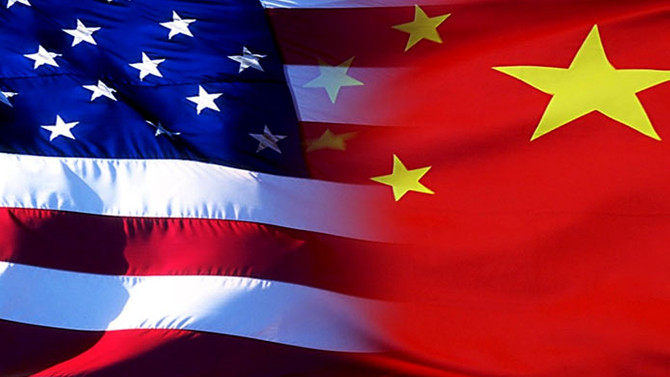“Cambodia between China and the United States”
 The thesis on “Cambodia between China and the United States” hypothesizes the motive which Cambodia is more supportive to China than the U.S. This motive is based on two main facets: first, the Uighurs incident and the ASEAN’s failure to issue the joint communique; and second, Hun Sen’s expressions toward China and the U.S. Therefore, the thesis aims to explore the factors that push Cambodia to be closer to China than to the U.S.
The thesis on “Cambodia between China and the United States” hypothesizes the motive which Cambodia is more supportive to China than the U.S. This motive is based on two main facets: first, the Uighurs incident and the ASEAN’s failure to issue the joint communique; and second, Hun Sen’s expressions toward China and the U.S. Therefore, the thesis aims to explore the factors that push Cambodia to be closer to China than to the U.S.
The author employs case-study and retrospective approaches to insightfully discover the motivations pushing a closer Cambodia’s foreign policy toward China rather than toward the U.S. To answer this, several determinants are studied. The assessment is categorized into two, which are the individual level of analysis and state level of analysis. The individual level includes the prime minister’s reactions towards China and the U.S and his personality, background and perception toward each of the countries. At the state level, state-internal factors are taken into consideration. These include substate-actors, contexts and Cambodia’s relations with China and US. The author studies the bureaucratic system in making foreign policy and the lobby groups. More importantly, the contexts of the given period are also discovered to solve the research problem. Last but not least, at this same level of analysis, extends of interactions of Cambodia’s relations with China and the U.S., economic and political linkages, are also investigated.
These approaches show their significances for this case exceptionally. The author mentions that previous studies focus mainly on the economic aspect to study the relations of Cambodia between China and the U.S. This study particularly looks up to different aspects as mentioned above since those factors contribute greatly to the path of Cambodia’s foreign policy. While Cambodian prime minister personally and/or politically plays an essential part for shaping the policy, the bureaucratic processes and actual situational contexts of Cambodia to China and to the U.S, in addition to the economic relations, also take part in Cambodia’s foreign policy contribution.
As found, Prime Minister Hun Sen’s personality is defined as “irascibly intractable and active-aggressive manner” which he doesn’t want to stay under someone’s control yet actively works and is willing to stay in power for long time. That is why Hun Sen moves closer to China than to the U.S. since the U.S tends to advise and control or influence Cambodian politics. The political natures of China and the U.S also shape Cambodia’s foreign policy. For instance, China recognized Hun Sen’s government after the 1997 incident and gave aids to Cambodia while the U.S toughly reacted. To gain his government legitimacy, Hun Sen has chosen China over the U.S. Besides, bureaucracy in which Hour Namhong plays an utmost role also contributes so much to foreign policy direction since Hour Namhong tends to accept, and be accepted by, China more while holding antipathy, historically, to the U.S. The Elites who also work closely with Hun Sen can influent Cambodia’s foreign policy, given that those tycoons have tight relations with China, economically. More Chinese companies and more interactions in a form of state exchange visits between Cambodia and China also motivate Cambodia to stay closer with China than with the U.S.
Reference:
Oudom, T. (2014). Cambodia between China and the United States. http://www.academia.edu/10739334/Cambodia_between_China_and_the_United_States
No comments:
Post a Comment